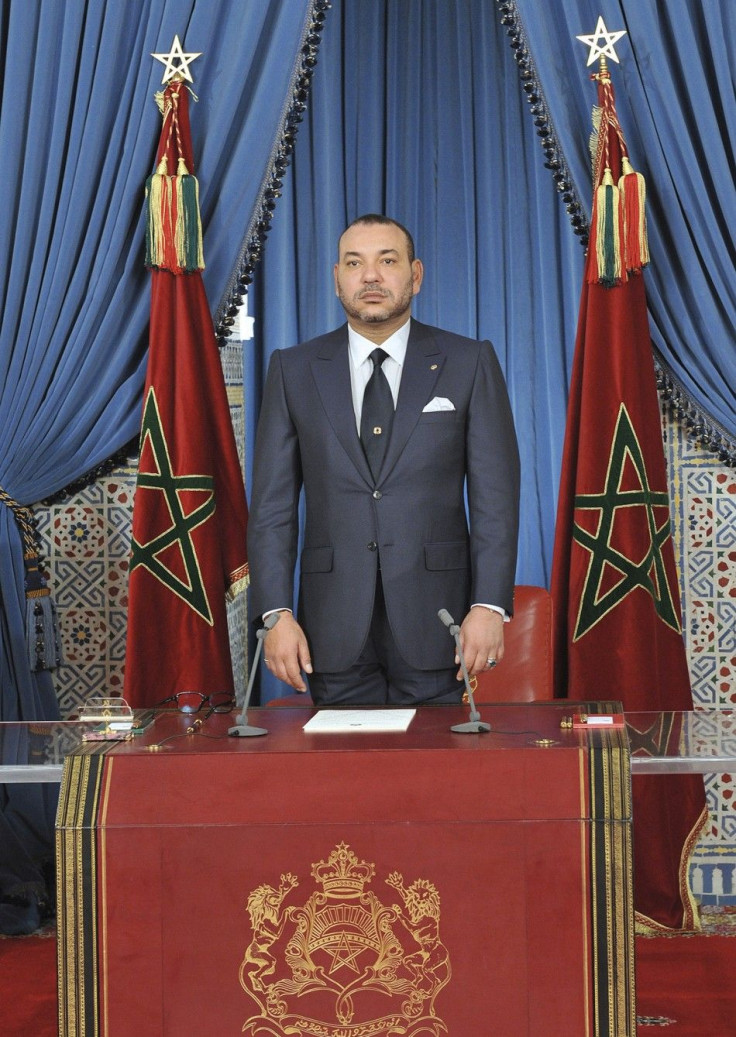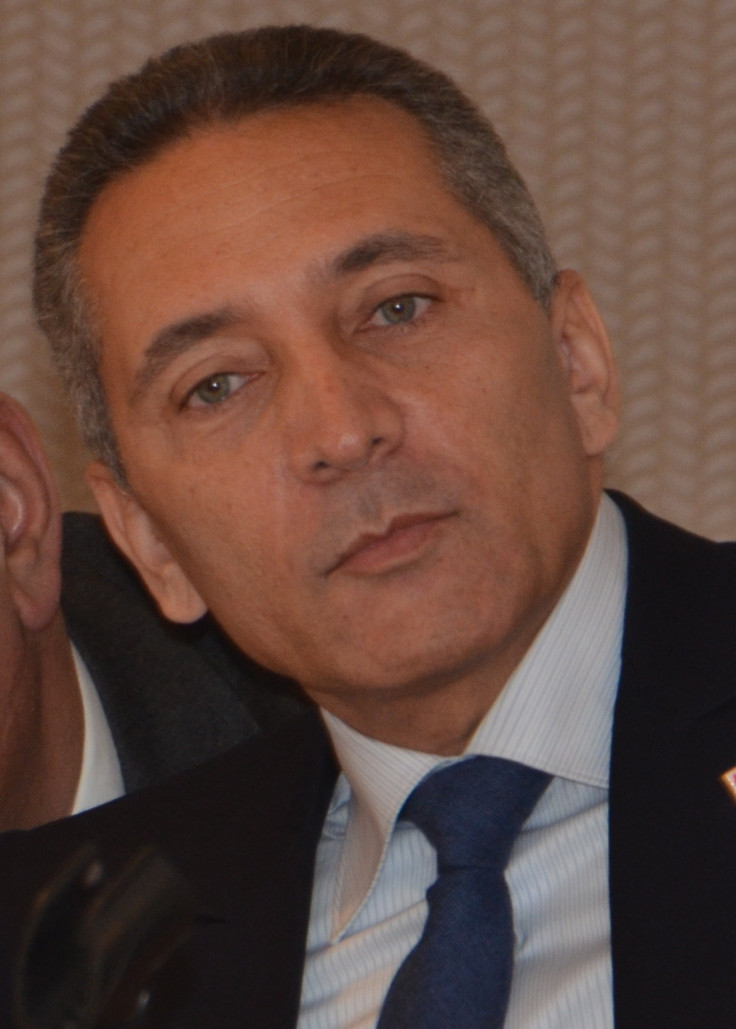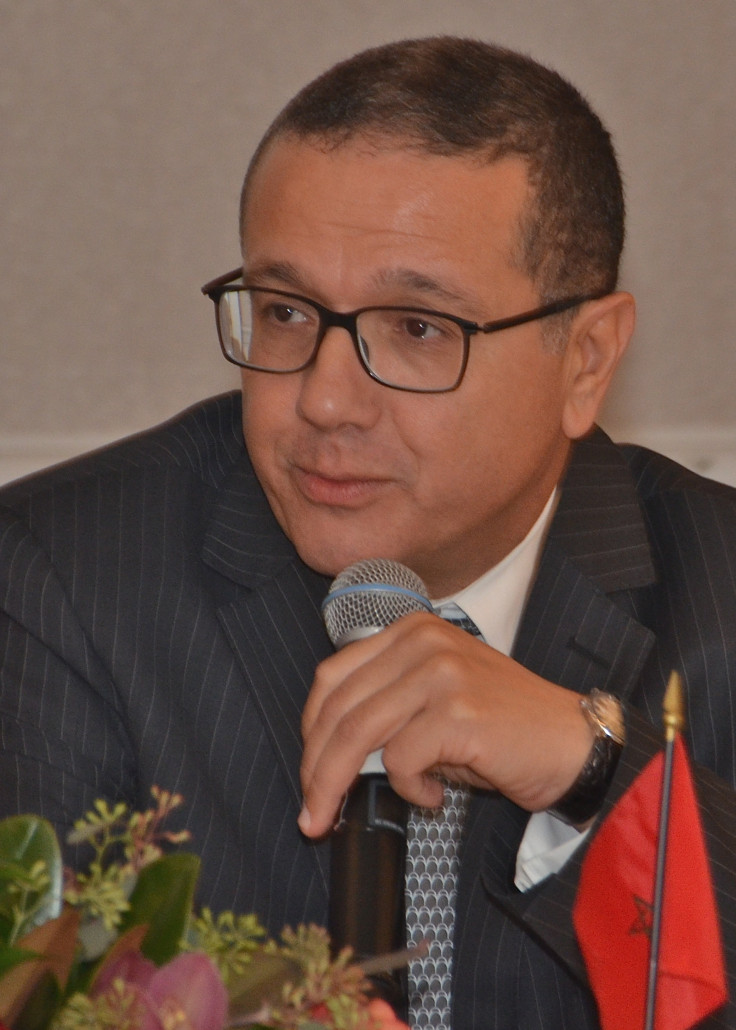Morocco's Growing Aeronautical Industry Helps Explain How It Avoided The Arab Spring And Obama Hosted A Meeting With The Nation's King

While many North African countries have seen violent uprisings over the last two years as part of the Arab Spring and suffered economically as a result, Morocco has avoided the carnage and instead furthered its appeal as one of Africa’s top business destinations. The centerpiece of that appeal is its burgeoning aeronautical industry, which has drawn hundreds of millions of investment dollars since 2010 from American and European aeronautical companies.
A meeting Friday between President Obama and the Moroccan king Mohammed IV to discuss Morocco’s growing stature in North Africa and the business links between the two countries underscores just how strategically important Washington regards the nation, which is advancing both industrially and politically.
Morocco has developed an aeronautical region within the country where more than 100 companies operate, including The Boeing Company (NYSE:BA), Bombardier Inc. (TSE:BBD.B) and United Technologies Corporation (NYSE:UTX). In addition, the country has more than 10,000 engineers graduating every year who supplement the growing industry, according to Minister for Industry, Trade, Investment and the Digital Economy Moulay Hafid Elalamy. This large influx of engineers is set to grow further after the government established the Moroccan Aerospace Institute, a vocational school that opened in May. The result is that 10,000 Moroccans are employed directly inside the country’s aerospace industry, which has doubled in size in less than five years and where employees earn about 15 percent above the average national monthly wage of $320, according to the Moroccan Ministry of Industry.
While this is good news for a country where millions lack jobs, basic education and even regular amenities, it is also a warning to Boeing, which has been battling unionized U.S. workers who are part of the International Association of Machinists (IAM). Central to the controversy is Boeing’s threat to build its new 777X aircraft outside Puget Sound, Wash., possibly in Huntsville, Ala., San Antonio, Salt Lake City or Long Beach, Calif.
In fact, it is not impossible that Boeing could take future manufacturing out of America to either the Mideast or Africa, further enraging the International Association of Machinists, whose members just rejected a proposal to keep manufacturing in the state in exchange for a pensions freeze and a reduction in starting salary for new workers.
Many saw the rejection as a surprise, because it guaranteed eight years of work and a bonus to IAM members.
And as Morocco grows its aeronautical business, Seattle is seeing its own aeronautical business shrink as technological advancement does away with the need for as many employees and protracted union battles and the option of relocation have slowly decreased Seattle’s aeronautical workforce. It’s unlikely that Boeing will choose Morocco as the hub for its 777X production plant on this occasion, but the country’s hugely successful aerospace program does suggest that a similar move may not be too far away.

“In my view, we are very able to support such development if Boeing wanted to bring their plants here,” said Elalamy, who spoke with International Business Times through a French translator. “And the government along with my department will spare no effort to promote and develop industries including aerospace and we will do everything possible to make sure that Boeing is satisfied should they decide to open up more plants in Morocco.”
Boeing already has a sizeable presence in the country, where they trade under the name Matis, along with a French company called Labinal that specializes in electrical wiring. While Boeing enjoys being close to its customer base in Europe and the Middle East and paying vastly lower salaries, not to mention the lack of unions, it is also more than aware of the problems of manufacturing its products outside of America. The 787 Dreamliner was produced in a number of different locations, primarily Italy and Japan, and it suffered badly from mechanical issues which, Boeing admitted, came from the aircraft not being built in one location, as is usual for the company.
Success in aerospace has not necessarily rubbed off on the country’s other manufacturing trades, which have shrunk over the past decade. Unemployment of people aged 15 to 24 is high at around 21.9 percent, compared with the national unemployment rate of 9.1 percent, which is the lowest it’s ever been. In other North African countries, riots broke out mainly led by the disaffected people in this age group, but Morocco was able to act to quell the potential uprising.
Morocco has been undertaking big social reforms since the early 2000s that have reduced poverty and increased human development, according to the Minister of Economy and Finance, Mohamed Boussaid.

“We undertook poverty-reduction efforts as well as social inclusion programs for a large fringe of the population. So when the Arab Spring occurred, Morocco sped up such efforts by swiftly, adequately and intelligently responding to the events,” said Boussaid.
Morocco went ahead with elections in November 2011, the quick thinking of the King Mohammed VI, says Boussaid. This brought security into the region and along with it a throng of foreign investment, which has risen 25 percent in the first 10 months of this year, the highest rate of increase in investment on the entire continent, according to Boussaid.
And now, as North Africa continues to deal with the difficulties of the post-Arab Spring, Morocco is forging ahead, continuing to implement sweeping political and educational reform that is making the country a desirable place to do business, but it’s also catching the eye of the United States, which has long counted Morocco as an ally and now sees it as a key player in a war against terror that has seeped into sub-Saharan Africa. For Morocco it brings a useful ally and a long-term business partner. For example, Boeing already have such a strong foothold in the country where it exclusively provides aircraft for Morocco's state airline. Prospects of Airbus starting an operation in the country prompted Elalamy to say “perish the thought.”
Morocco will continue to make use of the free trade agreement with the United States by attracting new business to the country and using it as a platform to export to the United States.
“We do have many economic operators that are strongly present, so through partnerships with U.S. companies we will continue to seek ways to implement and strengthen our strategy to turn Morocco into an export platform and into a global business hub. Not only for African countries but also for all of the European region,” said Boussaid.
© Copyright IBTimes 2024. All rights reserved.




















